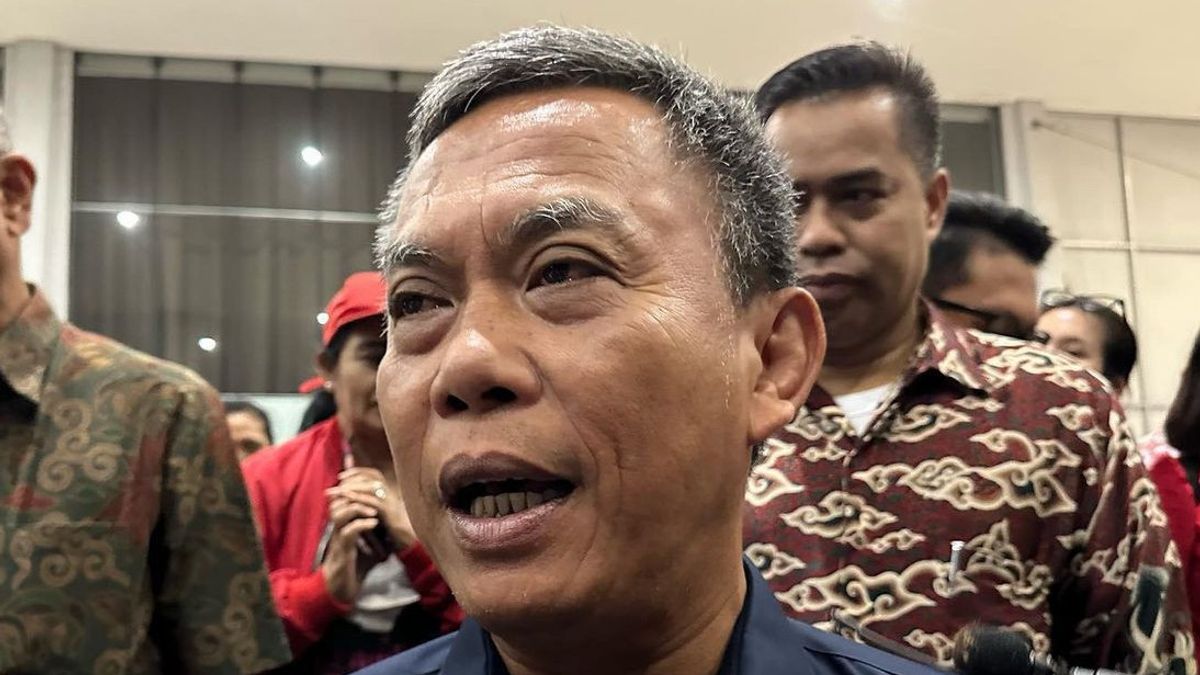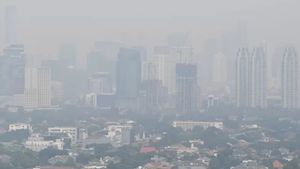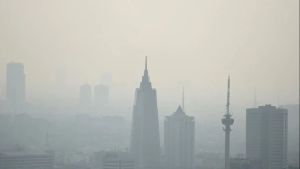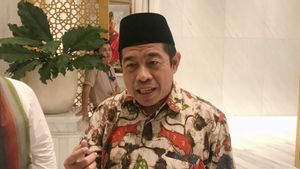JAKARTA - Public policy observer from Trisakti University, Trubus Rahadiansyah, assessed that the request of the Chairman of the DKI Jakarta DPRD regarding the incentive budget for DKI Provincial Government field officers due to air pollution does not need to be allocated.
According to Trubus, the incentive budget in the form of giving medicines to vitamins to Transportation Service officers and DKI Jakarta Satpol PP who work in the field are discriminatory.
"Actually, it is not necessary because this will lead to discriminatory behavior and social jealousy," Trubus told reporters, Tuesday, August 15.
Moreover, according to Trubus, the administration of drugs and vitamins from the DKI Regional Budget cannot be given continuously. Given, this will burden the regional budget.
Not to mention, there are still many other people who work outside the home every day with the same intake needs as the DKI Provincial Government officers.
"Depositing an additional budget, you must know what the limits are. If not, the APBD will break because the costs will add more. Other people will also ask, those who are categorized as people with disabilities ask, all of them will ask," he said.
Chairman of the DKI Jakarta DPRD Prasetyo Edi Marsudi asked the DKI Jakarta Provincial Government to allocate a budget for incentives for field officers such as the ranks of the Transportation Service and the DKI Jakarta Satpol PP.
The incentives in question include increasing the intake of food, vitamins, and medicines. Prasetyo said that this incentive was given to maintain the health of officers from Jakarta's high air conditions.
"It is hoped that it can be used to increase endurance so that our officers remain excellent. Yes, we must try to prevent it," Prasetyo said in his statement, Sunday, August 13.
This PDIP politician said that officers who work in public spaces every day need an increase in immunity because they have the potential to experience respiratory tract problems.
"It can be healthy now, but in the long term exposure to air pollution can make him sick. This is what we want to propose in the 2024 APBD," he said.
Jakarta is often one of the largest cities with the highest pollutants in the world. Based on the results of a 2020 study, the activity sector that causes Jakarta's air pollution is motorized vehicles that contribute 44 percent.
VOIR éGALEMENT:
Then, 31 percent of pollution is contributed from the industry, 14 percent of housing, 10 percent of the manufacturing energy industry, and 1 percent of commercial activities.
Meanwhile, the sources of fuel emissions used in Jakarta are coal 0.42 percent, oil 49 percent, and gas 51 percent.
The English, Chinese, Japanese, Arabic, and French versions are automatically generated by the AI. So there may still be inaccuracies in translating, please always see Indonesian as our main language. (system supported by DigitalSiber.id)


















